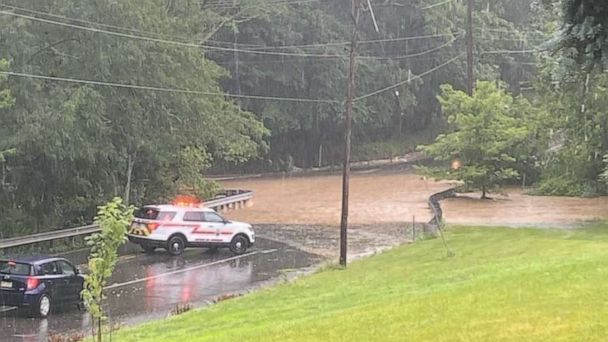
WASHINGTON — The Food and Drug Administration’s top cancer drug regulator doesn’t always ask for permission before taking on big initiatives.
Richard Pazdur, director of the FDA Oncology Center of Excellence, hates bureaucracy. It stifles his ideas for getting treatments to cancer patients faster — of which there are many.
advertisement
To cut through that bureaucracy, Pazdur has a trick: “Don’t tell anybody,” he said to laughter at a meeting of the advocacy group Friends of Cancer Research Tuesday.

Get unlimited access to award-winning journalism and exclusive events.
Subscribe Log In

















